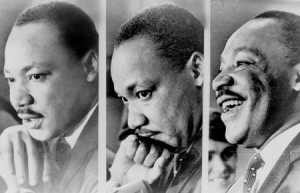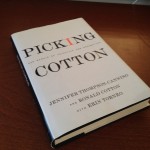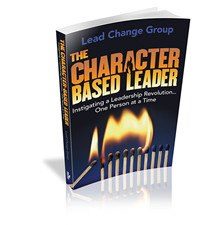I was recently on a call with a friend that is dealing with at situation that is impacting her family and needs to change. She’s done everything she can think of to communicate their needs, to ask for consideration, and to influence that change but nothing seems to be happening.

As we visited I thought of a story I heard years ago about two children that were teased every day at school by a bully. In spite of their pain, their families encouraged them to be courageous, to speak truth and to be kind and loving in in their responses.
After an especially challenging day at school the two children were hurting, frustrated and discouraged.
So the little girl’s father took them on a trip to a construction site. They sat at a distance and watched as a man hammered on a large boulder. Repeatedly he hit the massive stone with no apparent results.
…And then in one sudden blow the boulder crumbled into hundreds of pieces!
The children were amazed, and wondered why that one blow broke the rock and the others didn’t.
The father explained that with each blow the rock was breaking inside – even though the exterior showed no evidence of what was happening inside.
 Today we honor the life of a man who consistently modeled that change can be obtained with persistence, thought, discipline and love.
Today we honor the life of a man who consistently modeled that change can be obtained with persistence, thought, discipline and love.
Martin Luther King Jr. spoke these words AFTER his home was bombed…
We are not advocating violence. We want to love our enemies. I want you to love our enemies. Be good to them. Love them and let them know that you love them.
As we honor his life I can’t help but to think about…
No matter who you are, or where you sit…
[Tweet “Change won’t happen by wishing for it.”]
Or by waiting for someone else to do it.
[Tweet “The change you want to see is waiting for YOU to act.”]
Below are links to tools to help you be that change and prepare for the boulders you will face:
Image credits: iStock, Historical Stock Photos











